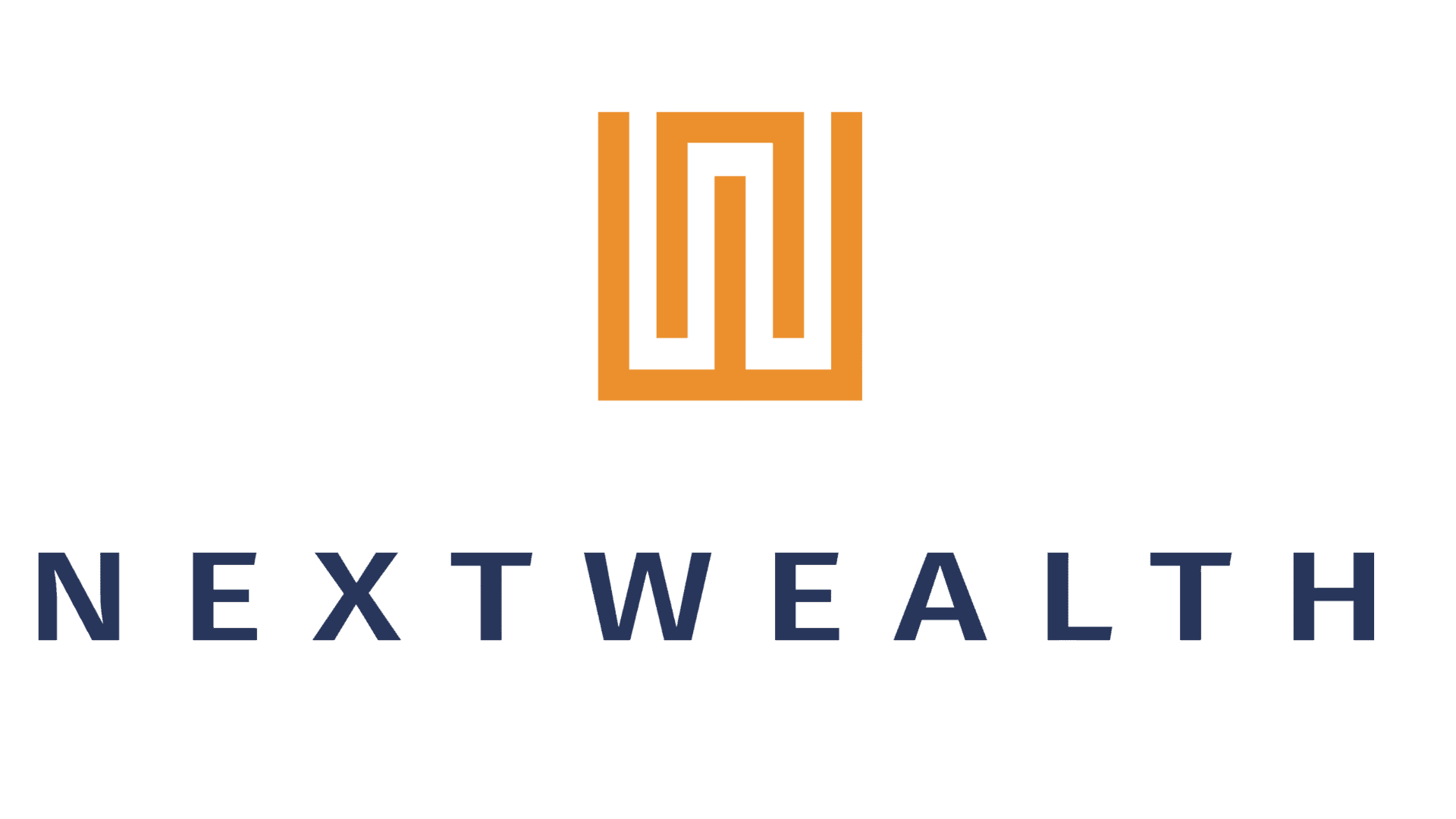ESG: rate of growth in client-driven interest has slowed but continues to rise, finds new report
By Next Wealth | 19 April 2021 | 3 minute read
The number of advisers having ESG-related conversations with clients rose 2% to 19% between October 2020 and March 2021, according to the latest NextWealth ESG Tracker Study published today.
While still an increase, it is considerably less than the jump from 7% in October 2019, when the first survey was done and the 17% found in the October 2020 report.
Heather Hopkins, MD of NextWealth comments: “Client interest in ESG, ethical, impact and sustainable continues to grow, and is now coming up in one fifth of client conversations, up almost three-fold since October 2019. While the rate of growth has slowed over the last six months, two thirds (65%) of advisers anticipate conversations about ESG will become more frequent in the next 12 months, with one in ten (10%) saying that the frequency will increase significantly.”
Clive Waller, Director of NextWealth commented: “In our first report, it was clear that pending regulation was likely to be the biggest driver towards ESG take up by the adviser community. However, Her Majesty’s Government has decided not to import SFDR and has delayed regulation that would have immediate impact on advisers and their clients. Nonetheless, such is the dynamism of the ESG and sustainability movement that interest has, if anything, increased in the past 6 months amongst providers, advisers and in the general population.”
Investments – higher cost of ESG funds?
An average of 15% of client assets are invested in ESG or sustainable/ethical/impact funds or solutions, up from 12% six months ago and nearly doubling since October 2019.
68% of financial advisers expect to see a continued increase in assets invested in these funds and solutions.
The survey asked financial advisers whether they felt that ESG or sustainable/ethical/impact investing products are positioned better, worse or similar to other products on risk, performance and price. The results show that the vast majority of advisers believe there is little difference, although nearly one in five (19%) believe there is a higher price to pay for ESG integrated choices.
Heather Hopkins comments: “There is mounting evidence that ESG investing can in some cases yield superior returns, nevertheless our research has found that both investors and advisers believe there are trade-offs when it comes to investing according to ESG principles. On price, many financial advisers believe ESG integrated investing can be more expensive because of a perceived need to have a higher allocation to active funds.”
Barriers
The survey found that three in five (61%) advisers do not feel held back from having a discussion about ESG-related issues. Those that do cite issues cited barriers related to product availability (9%), product research (6%) and scepticism (5%) around what providers are telling them about the products.

Heather Hopkins comments: “Providers and tech firms need to step forward to make ESG investing more accessible, particularly for smaller firms who en masse hold a large share of client assets. A great deal of the take-up of ESG products will depend on how the option is presented to clients, and currently the lack of consensus, perceived lack of transparency, and the frustration of an added layer of complexity involved in developing an ESG proposition will hold some advice firms back from embracing it enthusiastically.”
The full updated ESG Tracker Study report, which is sponsored by 19 major platforms and investment providers, is available to download here.
It provides a comprehensive overview of adviser engagement and sentiment across a range of ESG areas, plus a due diligence checklist for advisers to use when assessing product providers.
If you are interested in the October 2020 report, you can download a free copy here.


